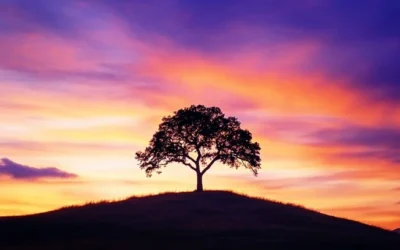Two of my friends ran in this years Boston marathon. Only one got to finish. I can only imagine the myriad of emotions they and the thousands of other runners and spectators who were affected directly by the blasts must have felt
Shock. Horror. Fear. Relief. Anger.
Disappointment. Outrage.
For most of us, it is impossible to comprehend the minds of people who would deliberately inflict such carnage on innocent bystanders, and wreak such heartache and havoc in so many lives. So senseless, so barbaric… so cowardly.
As human beings, we are wired to try to make sense of the events like this – to come up with an explanation that conforms to our view of reality and life experiences to now. Yet as images from the streets of Boston consume the airwaves and trigger traumatic memories from September 2011, they also serve to remind us that sometimes things happen that leave us asking more questions than we can ever have answers.
At times like this many might argue that we need to be more cautious. But it is at times like this, when fear can spread like a virus and anxiety take hold, that we have to be ever more vigilant about which fears we buy into and more discerning about those which serve us and those which don’t.
Acts of terror have a way of m
essing with our psyche and undermining our ability to accurately assess risk. As I wrote in Stop Playing Safe, neuro-science has shown that our brains are wired to exaggerate the consequences of risk, to overestimate the likelihood of something going wrong, and to underestimate our ability to handle it. Events such as what happened in Boston only amplify our sensitivity to risk and undermine our confidence to take them – in our job, in our relationships, and in every area of our lives. Our fear of being vulnerable to harm (including the emotional variety) drives us to hunker down, even when doing just the opposite might actually bring us greater security in the longer term.
Fear is a powerful emotion that exists to point us to potential threats. It is supposed to be temporary. Yet left unchecked, it can set up permanent residence in our lives and taint the lens through which we view every situation. In the process it can keep us from discerning those threats we genuinely need to pay attention to and taking constructive actions.
While I cannot begin to imagine the horror, the anguish, or the outrage of those directed impacted by Monday’s blasts, it is my hope that neither fear nor anger – both of which can limit our actions, siphon our joy, and stifle our success – will set up residence in their lives. It can happen without us even realizing. And so as we take stock of what has happened, I hope that those injured or whom lost loved ones in Boston, will hold firm to their faith in the human spirit to overcome adversity and refuse to let their lives be defined by people whose lives are driven by hatred.
The marathon is an event that challenges those who enter it to dig deep into their reserves of strength, determination and courage in order to cross the finish line. Many didn’t get the opportunity to finish this one. Yet if ever there was a marathon that challenged us to dig deeper and called us all to greater courage in an increasingly fearful and turbulent world, it was this one.






